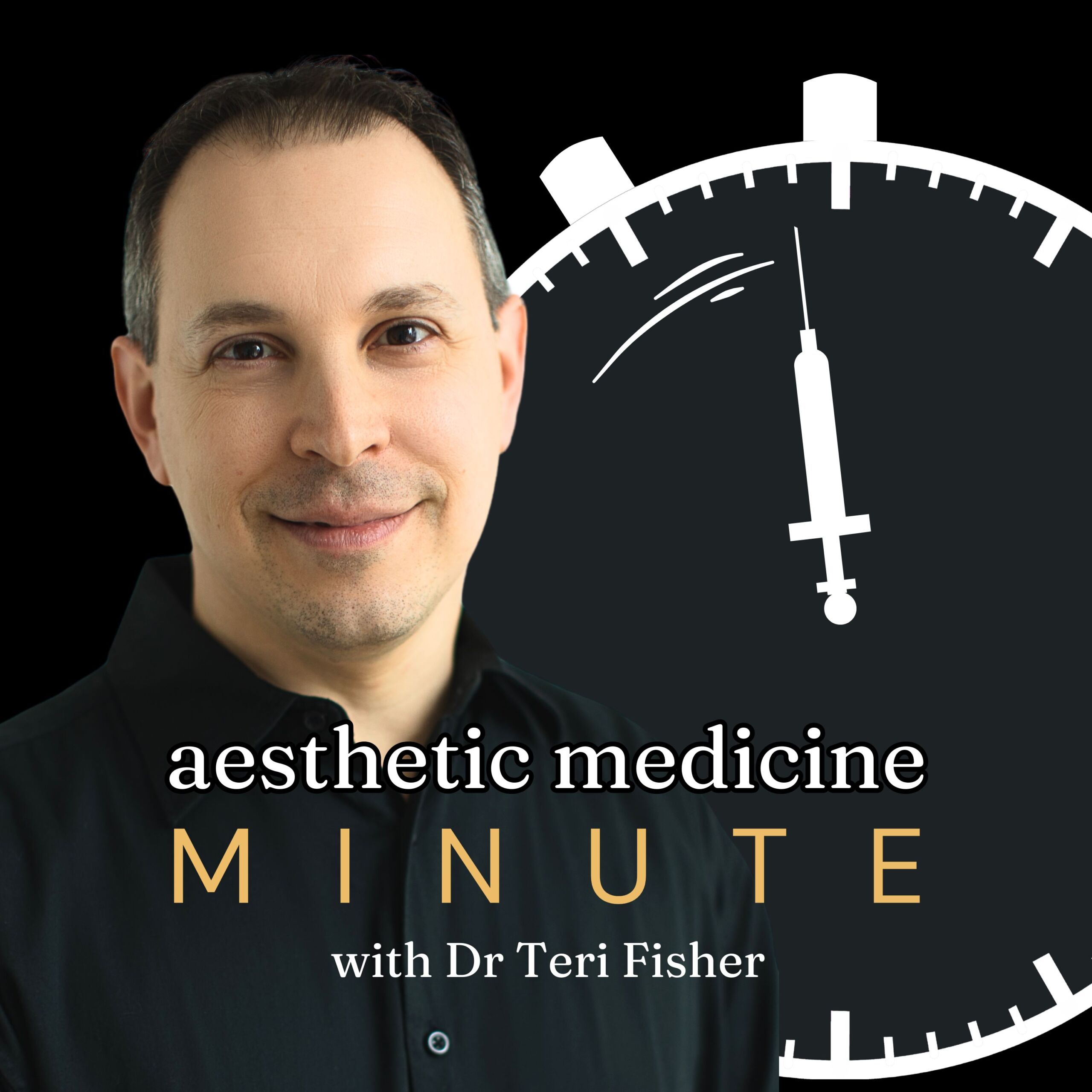
AMM 303: Mask Perceptions and Cosmetic Trends: Insights from Saudi Study
December 23, 2024
This episode delves into recent research from King Abdulaziz University, examining the psychological effects of mask-wearing during the COVID-19 pandemic. Listeners will learn about the study’s focus on self-esteem, body image, and the interest in cosmetic facial procedures among Saudi participants. The findings reveal that mask-wearing generally did not affect self-esteem or body image, though those interested in cosmetic enhancements often had lower self-esteem. This discussion highlights the complex relationship between mask use and self-perception in a post-pandemic context.
Quick Takes
- Research from King Abdulaziz University in Saudi Arabia explores psychological effects of mask-wearing during COVID-19 pandemic.
- Study on over 1,200 Saudi participants finds that mask-wearing did not significantly impact self-esteem or body image for the majority.
- Participants considering cosmetic facial procedures tended to have lower self-esteem and body appreciation scores, highlighting a nuanced relationship with mask-wearing.
Episode Transcript
Today is December 23, 2024, and recent research from King Abdulaziz University in Saudi Arabia sheds new light on the psychological effects of mask-wearing during the COVID-19 pandemic. The study aimed to explore whether prolonged mask use influenced self-esteem, body image, and the desire for cosmetic facial procedures in a post-pandemic world.
Researchers focused on over 1,200 Saudi participants, using the Rosenberg Self-esteem Scale and Body Appreciation Scale-2 for measurements. The intriguing findings revealed that for the majority, mask-wearing did not significantly impact self-esteem or body image. Interestingly, most participants reported only occasional mask use, and a substantial portion felt comfortable wearing them.
Despite an overall neutrality in self-image changes, there was a notable observation: those considering non-surgical facial procedures, like dermal fillers, typically had lower self-esteem and body appreciation scores. This suggests a nuanced relationship between mask-wearing, self-perception, and the interest in enhancing one’s appearance through cosmetic means.
The study, which underscores the complexity of post-pandemic self-perception, emphasizes the importance of considering individual differences and societal influences on mental health. As we continue to navigate these changes, understanding the psychological impact of past practices like mask-wearing remains crucial.
